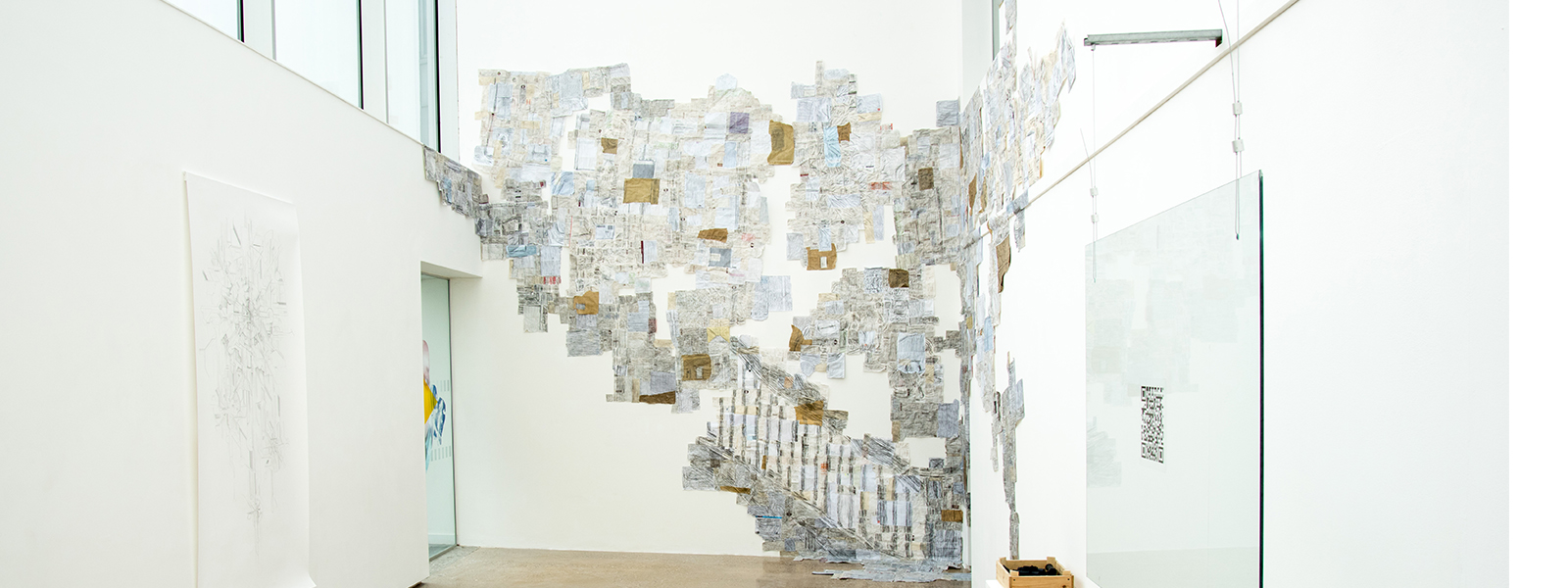Research in the Lincoln School of Design and Architecture
Colleagues in the Lincoln School of Design and Architecture carry out research in a rich variety of ways and into a broad range of subjects. Staff carry out both pedagogic research, which informs how we teach and enables students to learn, and more academic research concerning a wide range of topics; from flood protection to council estate design, from product obsolescence to exhibition design. Researchers write books and academic articles, they create performances, they make different kinds of ‘stuff’ and they work with non-academic partners of various kinds.
In addition to research, colleagues in the Lincoln School of Design Architecture engage in a wide range of activities including various types of teaching, diverse professional practice, wide-ranging outreach, and business enterprise projects. Our professional practice activities, for example, are diverse and include book art, surf culture, printmaking and visual anthropology. Our outreach activities and business projects are also characterised by diversity, depth, and breadth.
Research in the Lincoln School of Design and Architecture aims to continually improve the:
- Attraction, retention and development of research staff and students
- Execution of high quality research that draws upon the range of our expertise
- Encouragement of collaboration between art and design academics and STEM academics
- Research income generation and enterprise activities of our academics
- Meaningful impact of our research provided to external partners
- Training of research students and staff in innovative and appropriate research techniques and methodologies
Research themes and clusters
Critical Heritage and Place Consumption
Creativity and Cultural Industries
Research Students
We have a growing population of around 20 full-time and part-time UK and international research students. They are supervised by staff who are internationally recognised as experts in their field and have access to world class facilities to complete their studies.
MPhil / PhD Students
Rod Adams
Explaining an interactive relationship between humans and the interior work environments they inhabit
Monisola Adesina
Social Innovation, a methodological approach to flood mitigation in East Lindsey, Lincolnshire
Julie Bush
The life and work of William Logsdail (1859 - 1944)
Dawn Correia
The Design, Development and Impact of the Kaleldoscope: An assessment of Sir David Brewster's contribution and of the contestation of his authorship 1810-1820
Cilla Eisner
Collage Grids: Generative principles and metaphor
Emmanuel Estename
The Mobile Watering Hole: The design and development of a multimedia prototype resource on mobile phones to support the teaching of plastographic printmaking in Nigerian higher education using Constructive Design / Action Research (AR) methodologies (prototyping and collaborative action research)
Amanda Hufford
Visual Slang: Grammar of digitally mediated architectural images
Geoff Lee
An investigation of the Ceramics Blague
Yuen Fong Ling
A Body of Relations: Reconfiguring the life class
Annie Morrad
Rhytham and improvisation in Contemporary Art and music practices
Kezhen Wang
A decade of innovation in Chinese jewellery design education (2003-2013)
Will Wilson
Catalysing Participatory Social Learning: reformulating the design process as means to engage all parties in making conscious and informed behavioural changes towards more sustainable practices, particularly in respect to domestic energy use
Rukia Xu
Art and text collisions in contemporary Chinese Art
David Younger
Theme park theory
Alison Fairhurst
European textiles and leather shoes from 1700 - 1800 and their conservation
Michael Healey
The Scottish colourists and their influence in contemporary Scottish paintings
MA by Research Students
Clementine Monro
Architectural decay. Communicating the physical encounter
John Revell
Interaction design by hacking
Lincoln School of Design and Architecture staff are also active in the Centre for Conservation and Cultural Heritage Research and English Research Groups
